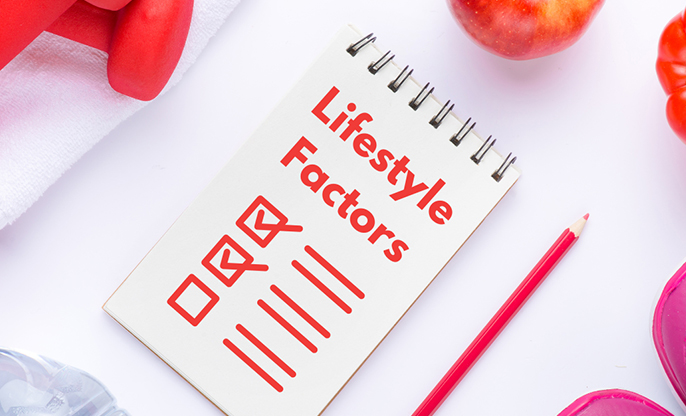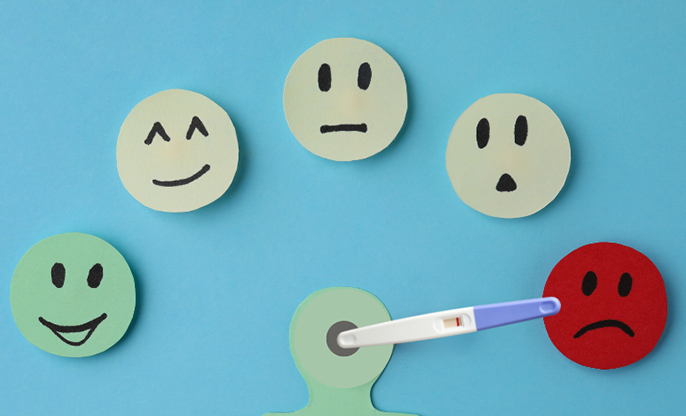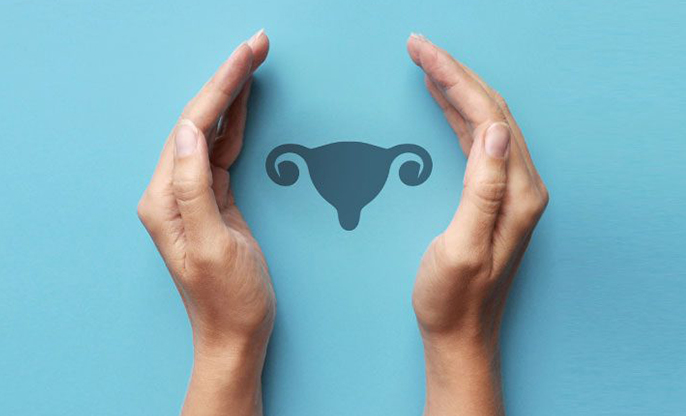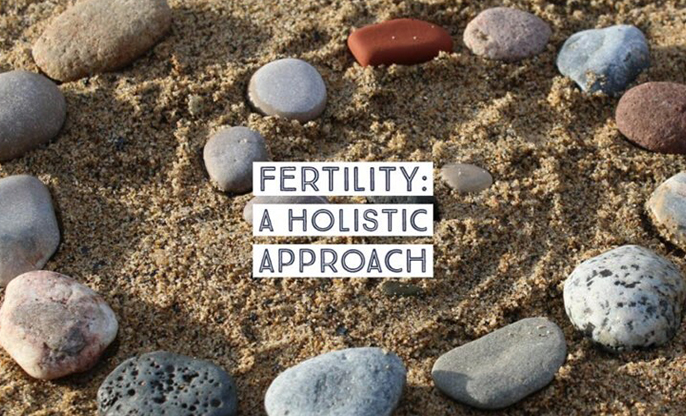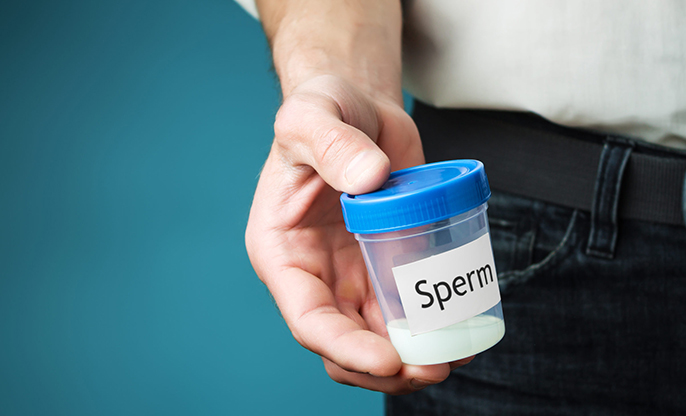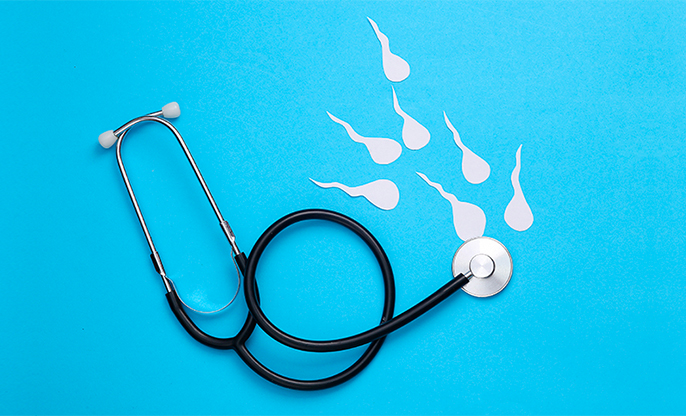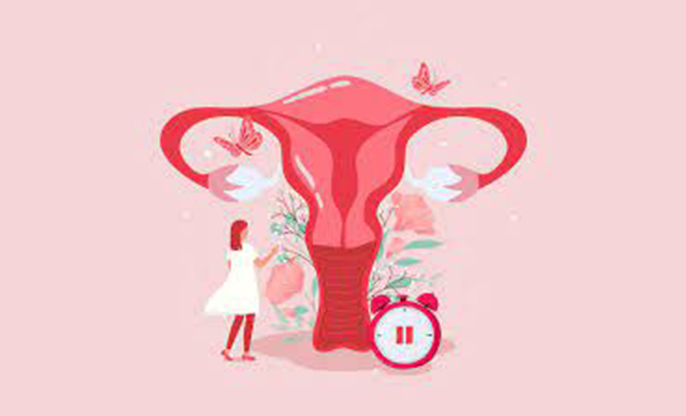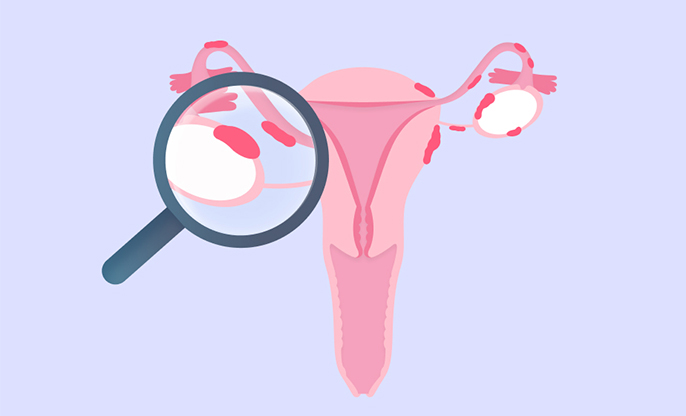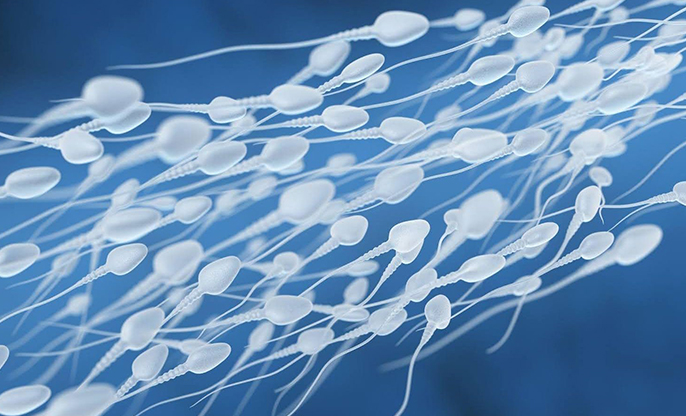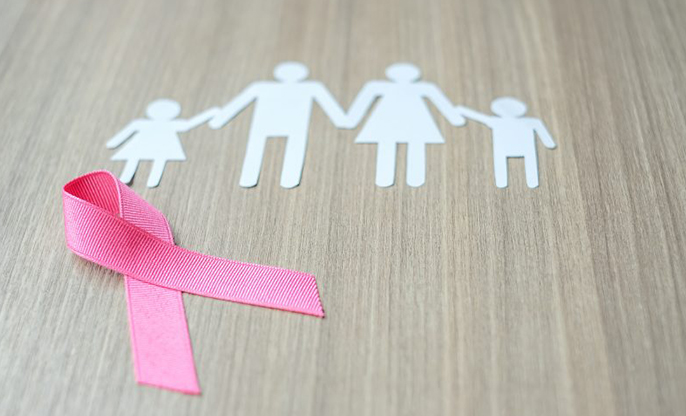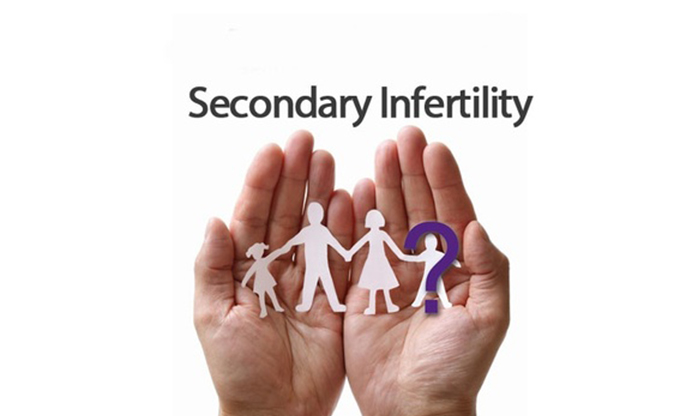
The path to parenthood is a profound and life-altering journey that begins long before conception takes place. Preconception health, the period leading up to pregnancy, is a critical phase for couples aiming to build their families. It holds immense importance for both men and women, profoundly influencing fertility and the overall well-being of the future child.
Preconception health sets the stage for optimal fertility in both partners. For women, it entails maintaining regular menstrual cycles, hormonal balance, and a healthy reproductive system. Men should strive to uphold robust sperm quality and quantity. Addressing any underlying health issues and lifestyle factors during this phase significantly enhances the chances of conception.
Importance of Preconception Health: Getting
Your Body Ready
Fertility is a complex biological process that depends on various factors, and one of the most fundamental among them is good health. Both men and women's fertility is intricately linked to their overall well-being. Here's why good health is essential for fertility.
1. Hormonal Balance
- Hormones play a central role in
fertility for both genders. In women, hormonal balance regulates the
menstrual cycle, ovulation, and the development of healthy eggs. For men,
it affects sperm production and function.
- Good health supports the body's ability to maintain hormonal equilibrium, ensuring that essential reproductive hormones like estrogen, progesterone, luteinizing hormone (LH), and follicle-stimulating hormone (FSH) are at appropriate levels.
2. Reproductive Organ Function
- The proper function of
reproductive organs is vital for fertility. In women, the ovaries,
fallopian tubes, and uterus need to be healthy to facilitate conception
and pregnancy. In men, the testes, epididymis, and accessory glands play
crucial roles in sperm production and transport.
- Good health supports the structural integrity and functioning of these reproductive organs.
3. Egg and Sperm Quality
- The quality of eggs and sperm
significantly impacts fertility. High-quality eggs are more likely to
result in a healthy pregnancy, while high-quality sperm increases the
chances of successful fertilization.
- Good health, including a balanced
diet, regular exercise, and avoidance of harmful substances, can enhance
the quality of eggs and sperm.
4. Immune Function
- A well-functioning immune system
is crucial for fertility. Immune system disorders or chronic inflammation
can negatively affect reproductive health by disrupting the delicate
processes required for conception and pregnancy.
- Good health supports a robust immune response and helps prevent immune-related fertility issues.
5. Emotional Well-being
- Emotional health and stress management
play significant roles in fertility. Chronic stress, anxiety, and
depression can disrupt hormonal balance, menstrual cycles, and sexual
function in both men and women.
- Good mental and emotional health fosters a positive reproductive environment and enhances the chances of conception.
6. Lifestyle Choices
- Lifestyle factors such as diet,
exercise, and substance use significantly impact fertility. A balanced
diet rich in nutrients, regular physical activity, and avoidance of
smoking, excessive alcohol, and illicit drugs can optimize fertility.
- Good health practices support healthier lifestyle choices, directly benefiting fertility.
7. Underlying Health Conditions
- Certain medical conditions, such
as polycystic ovary syndrome (PCOS), diabetes, thyroid disorders, and
obesity, can affect fertility in women. In men, conditions like varicocele
and diabetes can have similar effects.
- Maintaining good health helps identify and manage underlying medical conditions that may hinder fertility.
8. Age and Fertility
- Age is a critical factor in
fertility for both men and women. Good health can help individuals
maintain their reproductive potential as they age.
- While fertility declines naturally with age, a healthy lifestyle can slow this decline and promote fertility.

